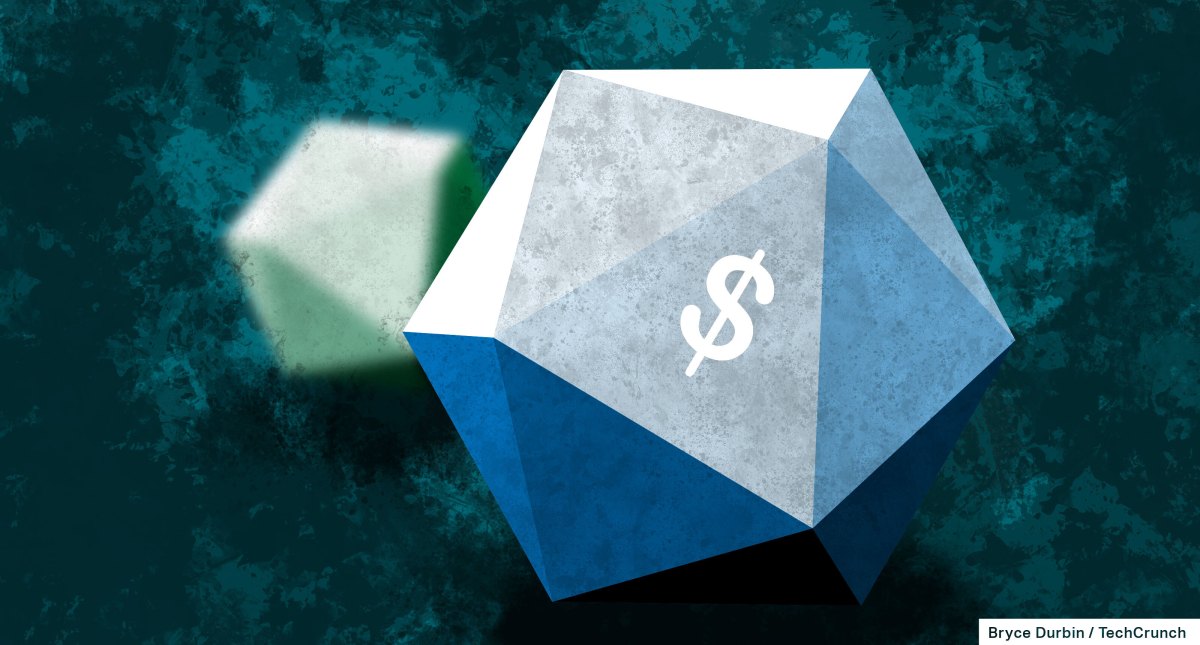ARTICLE AD
During Tesla’s “We, Robot” event last week, which TechCrunch covered late into the night,, sources on the ground sent me a handful of videos of the automaker’s Optimus humanoid robots walking around the party, dancing, mixing drinks, and talking to guests. Most, if not all, of those who attended the affair are Tesla investors and fans, and so it wasn’t surprising that the messages I received alongside the videos included glowing comments about how advanced the bots were.
I asked one investor, who sent me a video of an Optimus doing different voices on command, whether he thought it was remote controlled, or if it was perhaps, incredibly, powered by Grok, the AI chatbot from Elon Musk’s xAI. He told me he thought it was indeed Grok enabling the bot to converse with him. Did he ask the bot how it was able to talk to him? No, he said. He was too blown away.
That appears to have been the point for Tesla – to inspire awe in a vision of the future. Others, including myself, were not as dazzled by what seems to have been sleight-of-hand at an event designed to engender enthusiasm among investors and fans.
Bloomberg, The Verge, and other outlets have reported that the bots were being remotely operated by humans, a conclusion that is easy enough to arrive at considering that they all had different voices and their responses and hand gestures were immediate and synchronized.
Morgan Stanley analyst Adam Jonas also wrote in a report that the bots “relied on tele-ops (human intervention).”
Sources familiar with the matter told Bloomberg that while the Optimus prototypes were able to walk without external control using AI, employees stationed remotely oversaw many of the interactions between the bots and attendees during the “We, Robot” event.
At least one video from the event displayed an Optimus bartender acknowledging that it was being “assisted by a human.”
The humans controlling its bots raises questions over the capabilities of the technology, and whether they’ll be ready to go to market at a price tag of around $20,000 to $30,000 each any time soon.
“As you can see, we started up with someone in a robot suit, and then we’ve progressed dramatically year after year,” Musk said in his remarks last week. “So if you extrapolate this, you’re really going to have something spectacular, something that anyone could own, so you can have your own personal R2-D2 [or] C-3PO.”
“What can it do? It’ll be able to do anything you want,” the executive continued. “It can be a teacher, babysit your kids. It can walk your dog, mow your lawn, get the groceries, just be your friend, serve drinks. Whatever you can think of, it will do.”
It appears many investors were unconvinced by Tesla’s song and dance (literally – the bots did a choreographed dance). Tesla’s stock took an 11% hit Friday after the event, although that was also likely a response to Musk’s failure to provide insights into near-term revenue strategy for the Robotaxi as well as specific technological updates to FSD, the automaker’s advanced driver assistance system.
Some, however, remain unbothered by the bots being controlled by humans behind the scenes.
Analyst George Gianarikas at Canaccord Genuity wrote, “So What!” in a note to clients Monday.
“The dexterity shown and developmental progress exhibited by the robots were off the charts,” the analyst said. “And, as Mr. Musk has pointed out before, the robotics industry currently does not have a well-developed supply chain. That means that Tesla, with its internal manufacturing acumen, battery expertise, proficiency in motor design, electronics know-how, and mechanical engineering resources has the potential to create a vertically integrated robotics behemoth over the long term.”

 1 month ago
11
1 month ago
11 

